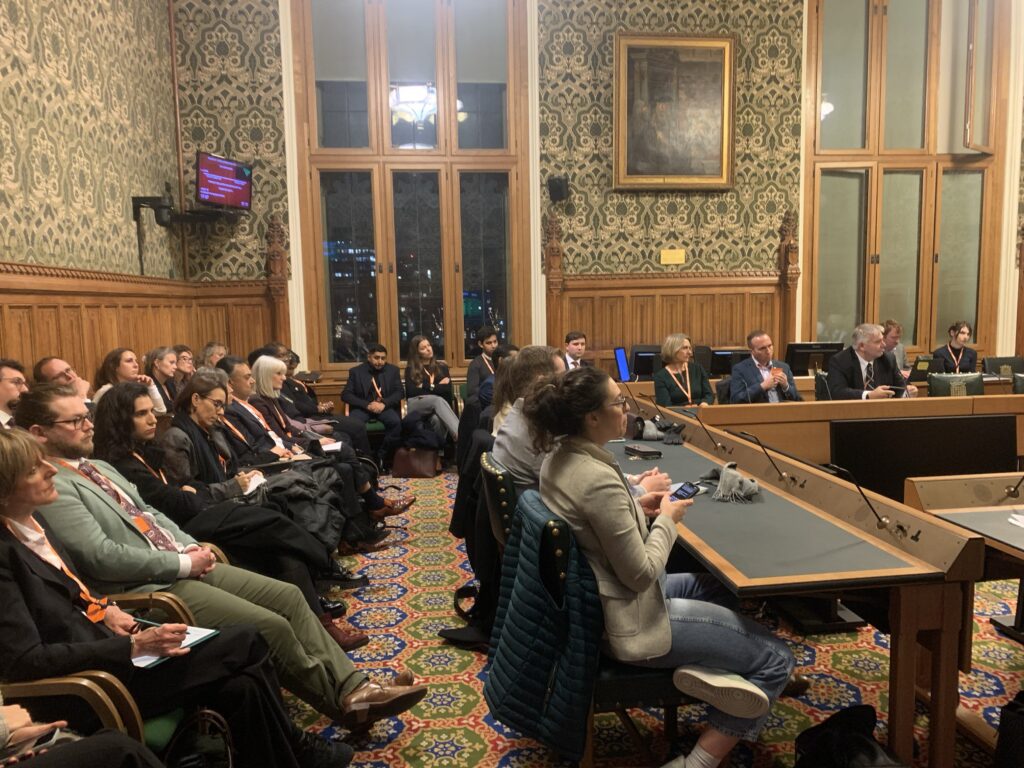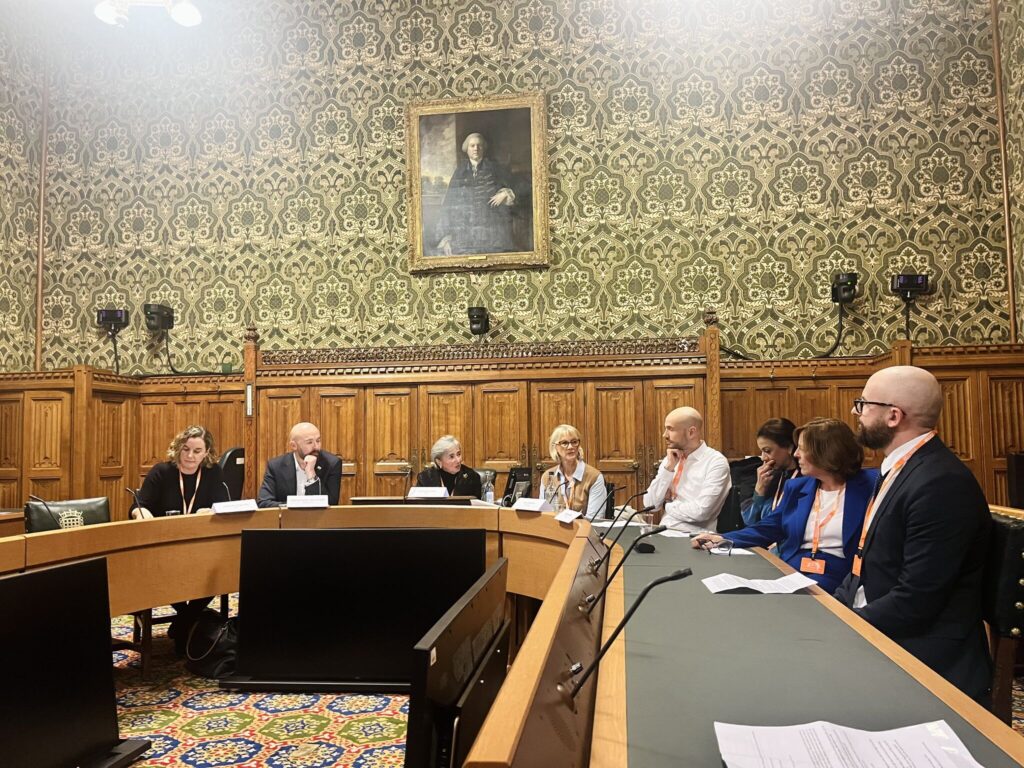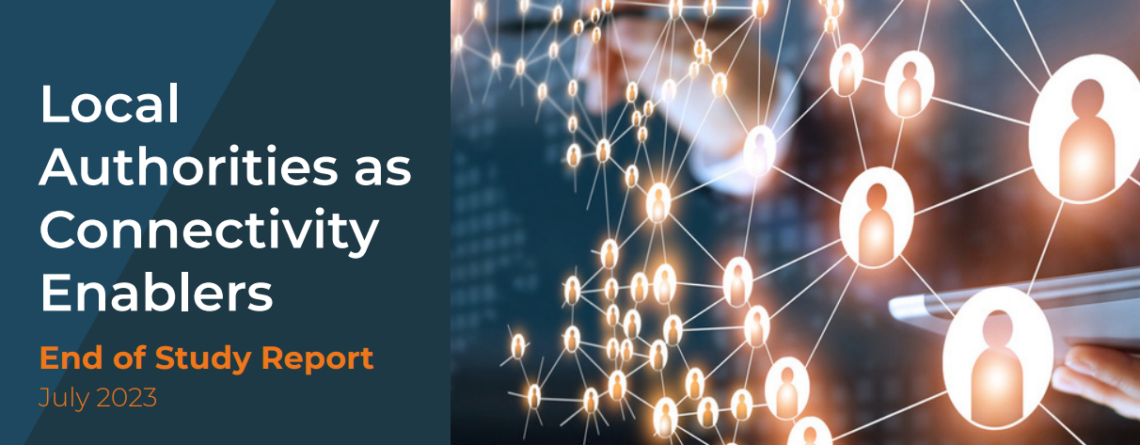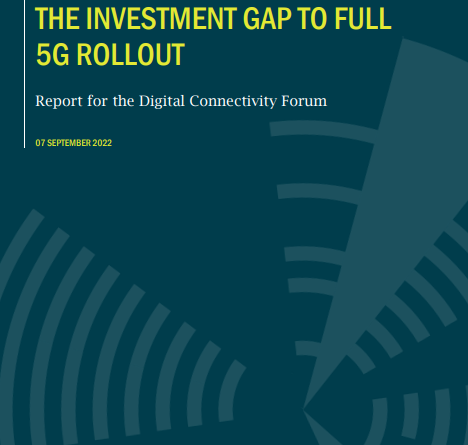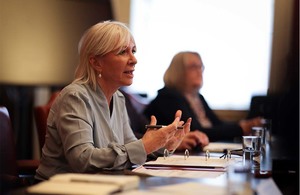On 11th December, the Digital Connectivity Forum held the formal launch of its new Diversity, Equity and Inclusion Working Group. The launch was held at the House of Commons, kindly hosted by Chi Onwurah MP (Chair of the Science, Innovation and Technology Select Committee).
The Working Group has already received significant interest from senior leadership across the industry, including support from Ofcom with Dame Melanie Dawes as Patron and its joint chairs Belinda Fawcett, Director of Property & Estates and General Counsel at Cornerstone and Michael Salter-Church MBE, Director of External Affairs, Policy and Sustainability at Openreach.
Dame Melanie Dawes gave a keynote speech at the group’s launch, explaining that organisations can only succeed if they represent and understand the communities they serve across the country. She focused particularly on the importance of gender balance and overcoming historical perceptions and industry bias.
STEM subjects, including engineering, have traditionally attracted male candidates. This means that progress will not only involve reshaping the image of telecoms but also overcoming historical perceptions of a traditionally male dominated field.
Dame Melanie also noted that we now stand at a turning point, a sentiment that was echoed by Jordan Wood from Opinium. There is a real sense that industry can come together to tackle this image problem. This can be done through strategic conversations, targeted outreach and thorough reviews of individual needs as part of recruitment and retention. To do this, companies may need to work together to develop those skills and talent.
Ofcom is already leading great work in this area, including its Ofcom Women in Tech Pledge. The DCF Diversity, Equity and Inclusion Working Group will work closely with this initiative in 2025.
The evening also featured a keynote address from Chi Onwurah MP, who remarked on the history of Parliament itself being indicative of social challenges and a male dominated, or male exclusive, field. This look at history reminds us of where we have been and where we hope to go in diversifying opportunities for everyone.The Working Group’s formation follows a 2023 Opinium report, which was commissioned by the Digital Connectivity Forum at the request of the then Department for Digital, Culture, Media and Sport (DCMS). It presented interesting findings in its assessment of diversity across UK telecoms.
While the report showcased progress that has been made by the sector in recent years, it also highlighted areas where further progress needs to be made. Including a continued lack of gender diversity across senior roles.
Jordan Wood, Research Director at Opinium, provided remarks outlining the 2023 report’s findings. Jordan shared that many organisations have made substantial efforts to promote inclusivity, with examples such as the introduction of unconscious bias training, flexible working arrangements, and the celebration of diverse cultural backgrounds. Also referenced was the increase in mental health initiatives and wellness programmes, which are gaining momentum and demonstrating a holistic commitment to employee well-being.
However, it was also clear that challenges persist. With research showing that only one in three employees are aware that their company has an active diversity and inclusion culture, it is evident that buy in and promotion of these programmes are not where they could be. Research also showed that gender diversity in telecoms significantly declines as employees move into senior positions; women are well-represented (at nearly 50%) in entry-level positions, but hold only a third of director- and board-level roles
Discrimination was also noted as a concern. Opinium research suggested 30% of employees had reported instances of discrimination, and that this number was even higher among women, ethnic minorities, LGBTQ+ individuals, and people with disabilities. Those with long term disabilities are also less represented across the telecoms sector, compared to the wider UK workforce.
To address the gaps identified in the report, the new Working Group will focus on diversity, equity and inclusion across all protected characteristics and other important areas, including socio-economic background. It will begin work in 2025 and will champion the delivery of action orientated plans to drive progress for industry and individuals.
The Group will focus on four pillars of delivery and engagement:
Listening to understand challenges and plan solutions.
Delivering pragmatic and action orientated plans to drive progress for industry and individuals;
Collaborating with existing industry organisations and groups;
Focusing on broad diversity and inclusion, including all protected characteristics and other important areas including socioeconomic background;
The evening concluded with a panel, which was chaired by Chair of the Digital Connectivity Forum, Stephanie Liston and featured industry experts:
- Nihal Newman, Director of Network Security, Ofcom
- Tim Creswick, CEO, Vorboss
- Belinda Fawcett, Director of Property & Estates and General Counsel, Cornerstone
- Michael Salter-Church MBE, Director of External Affairs, Policy, and Sustainability, Openreach
- Catherine Page OBE, Deputy Director of Future Telecoms, Department for Science, Innovation and Technology
Key areas raised by panellists and audience Q&A included:
Does telecoms have an image problem? – Despite being an essential component of our everyday lives, telecoms infrastructure is often misunderstood or overlooked. This misunderstanding extends to the workforce.
How do we ensure that telecoms is viewed as a dynamic, exciting and future thinking space for everyone?
Recruitment and Retention – The image of telecoms is a vital part of ensuring that the sector has a stable pipeline of top talent. However, ensuring recruited talent remains within the industry is critical to long term success. It is also a clear indicator of inclusivity success. Low staff retention rates may be a sign that there is a work culture issue driving people away from a business or a sector.
How do we ensure that we create environments that encourage recruited talent to stay?
Social mobility as part of the Diversity, Equity and Inclusion picture – Telecoms, and the wider connectivity sector, has an impressive potential to succeed in diversity, equity and inclusion. Social mobility and socio-economic background are not protected characteristics but are a critical part of the wider DEI picture. Statistics shared at the launch event panel suggested that only 9% of tech staff come from working class backgrounds, a number which is lower than law, banking, and general society.
How do we ensure that telecoms careers are accessible to everyone?
The importance of language – The language we use matters. Whether this is how we speak about roles and responsibilities, how we communicate within the workplace to ensure that others are not unintentionally ostracised or made uncomfortable, or how we talk about diversity, equity and inclusion itself. Language and approach will be critical. At the launch panel, work conducted by Openreach on the language used in job adverts was shared. Findings from this indicated that the language and criteria phrasing was inadvertently off-putting, particularly to female candidates. This work showed that, while female candidates were interested in the prospect of a career in telecoms, this was not translating to applications.
How do we talk about telecoms, and about DEI, in a way that promotes accessibility for everyone?
Equity and the importance of the individual – The anchor point of inclusion is equity. Historically we have become socialised with the concept of equality. However, whilst equality was a necessary starting point, we must now begin to engage with and work towards the concept of equity. Placing the needs of the individual at the forefront, and creating environments where people feel empowered to raise those needs safely and confidently.
How do we create teams and environments that not only champion diversity but empower individuals to speak up where they have needs. And do this with the confidence that those needs will be listened to fairly and understood?
Broadening focus – Research has shown that the telecoms sector is lagging in disability representation. It also shows that speaking up is not easy or common when it comes to needs or accommodations. The panel shared the example of the many colour-blind engineers in telecoms, who were unseen until the culture of embracing the individual empowered individuals to ask for the help they need. This accommodation benefits the individual and it benefits the business. There was a call at the panel to aim the focus less around a disability label and more about how to accommodate specific needs – shifting the focus from diversity metrics to inclusion.
What can be done to make sure the industry is delivering inclusivity for everyone? Including disability, neurodivergence and other areas that may require targeted understanding.



